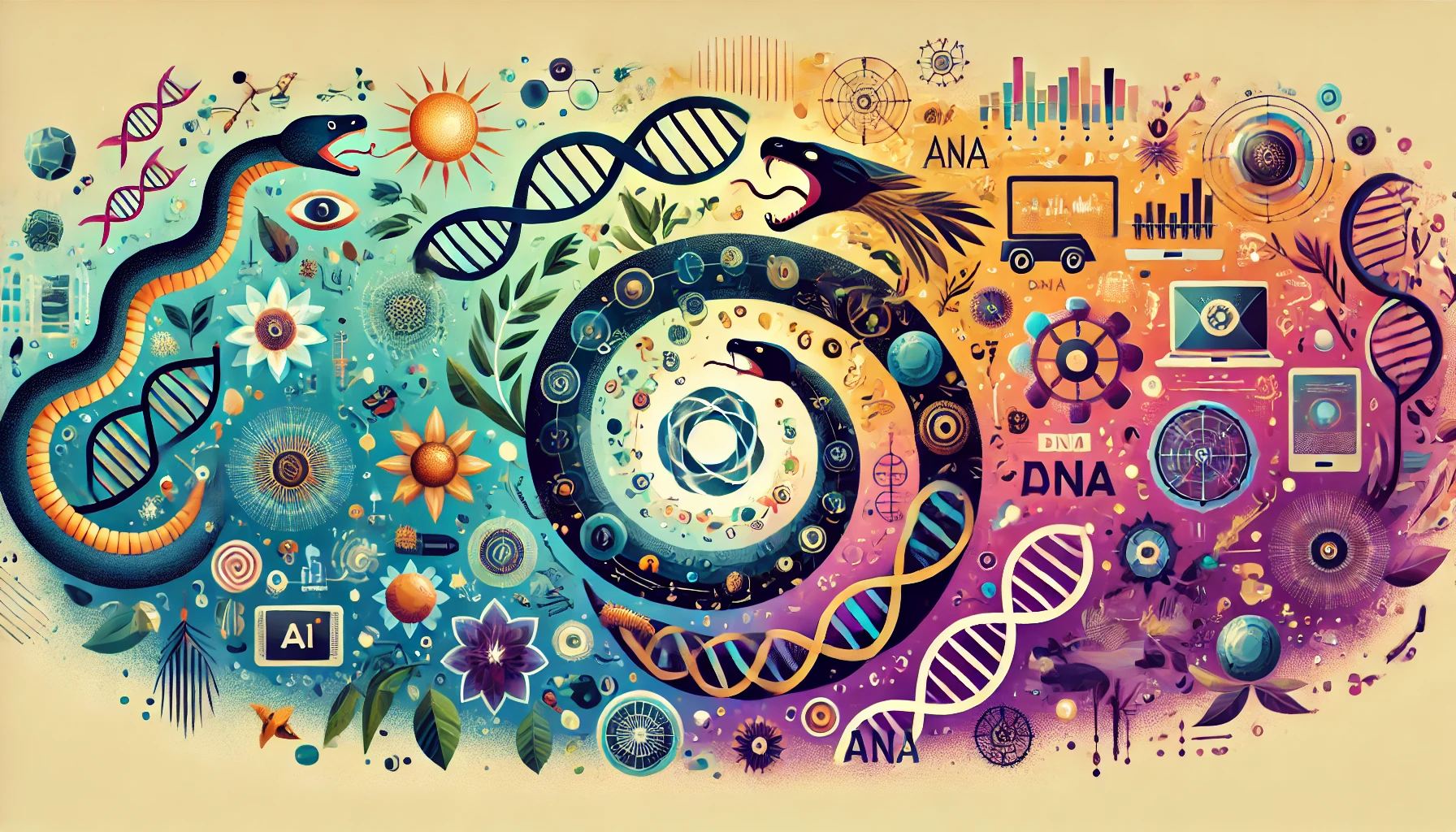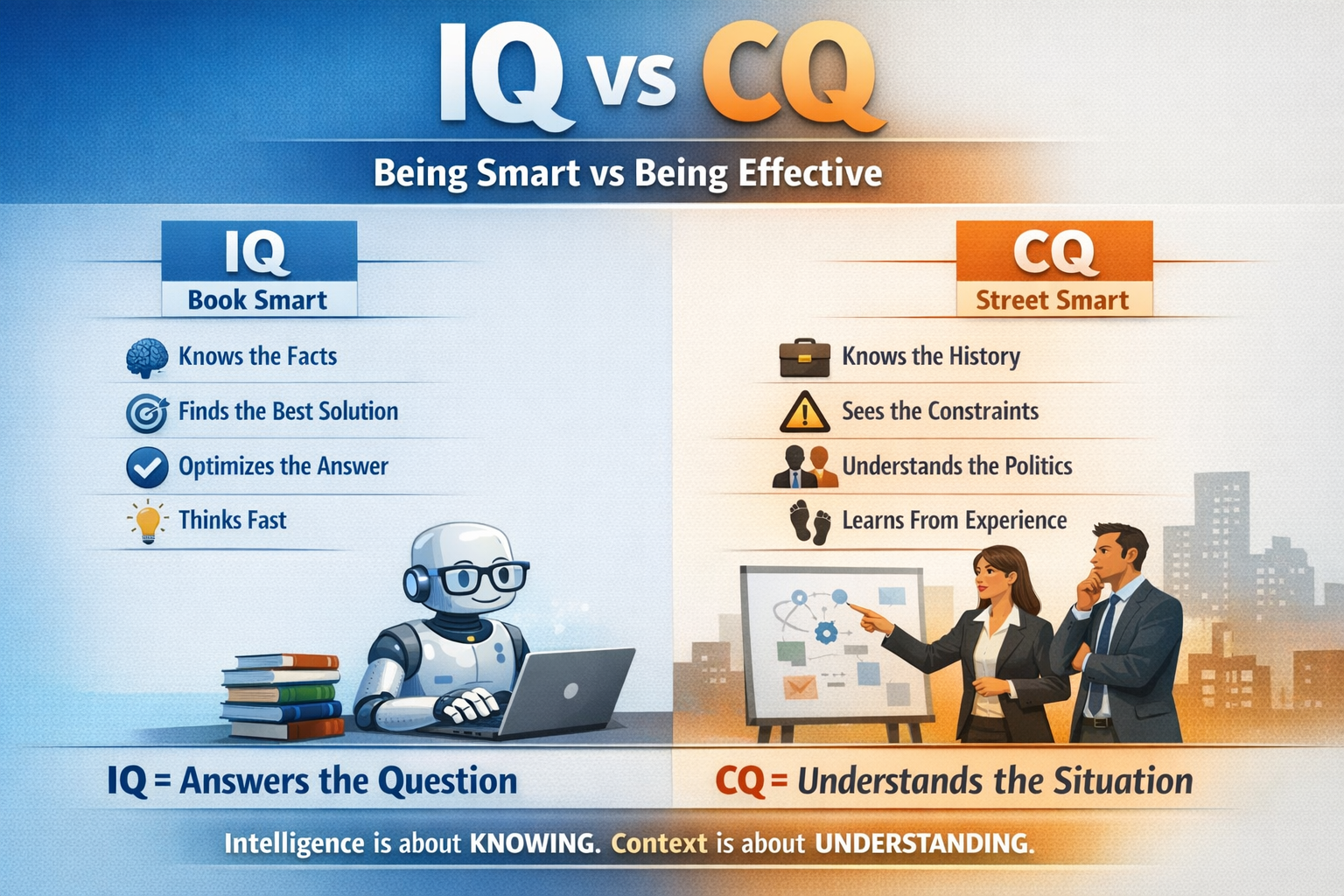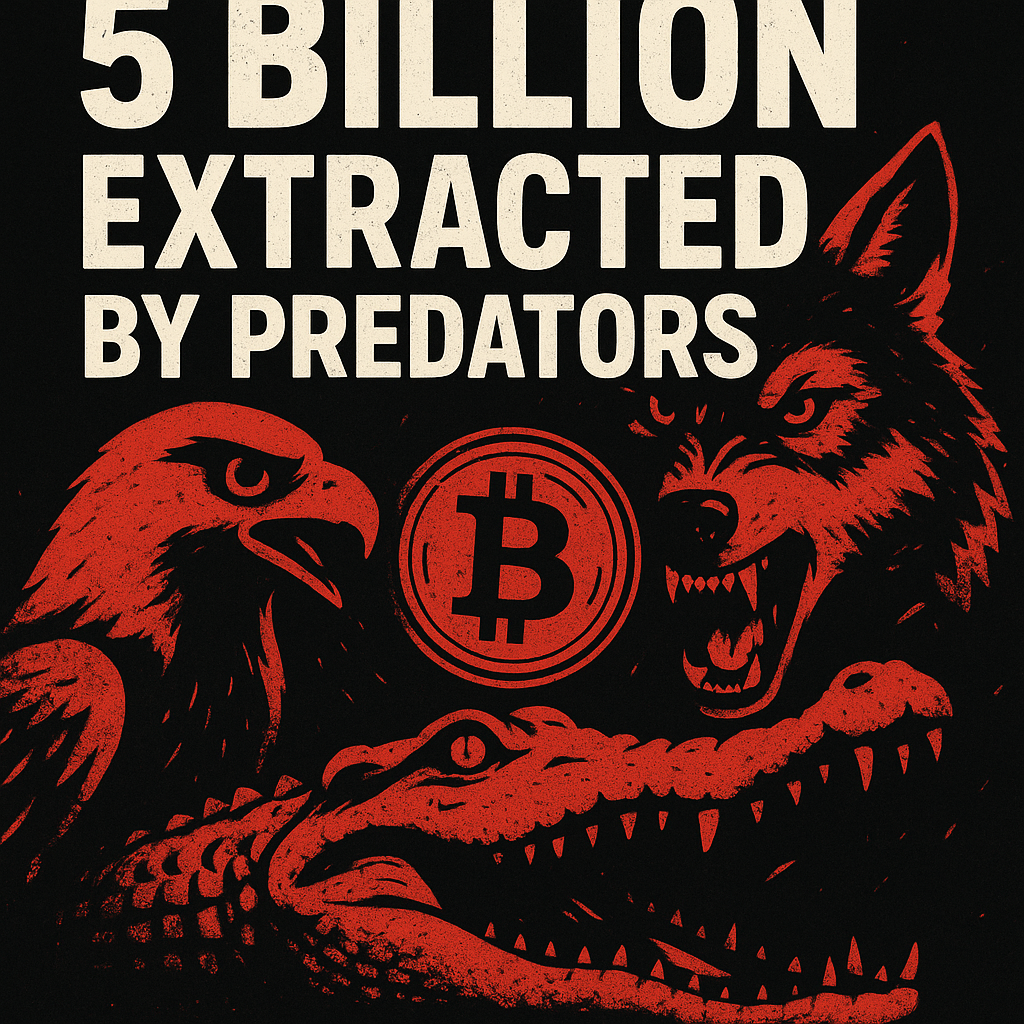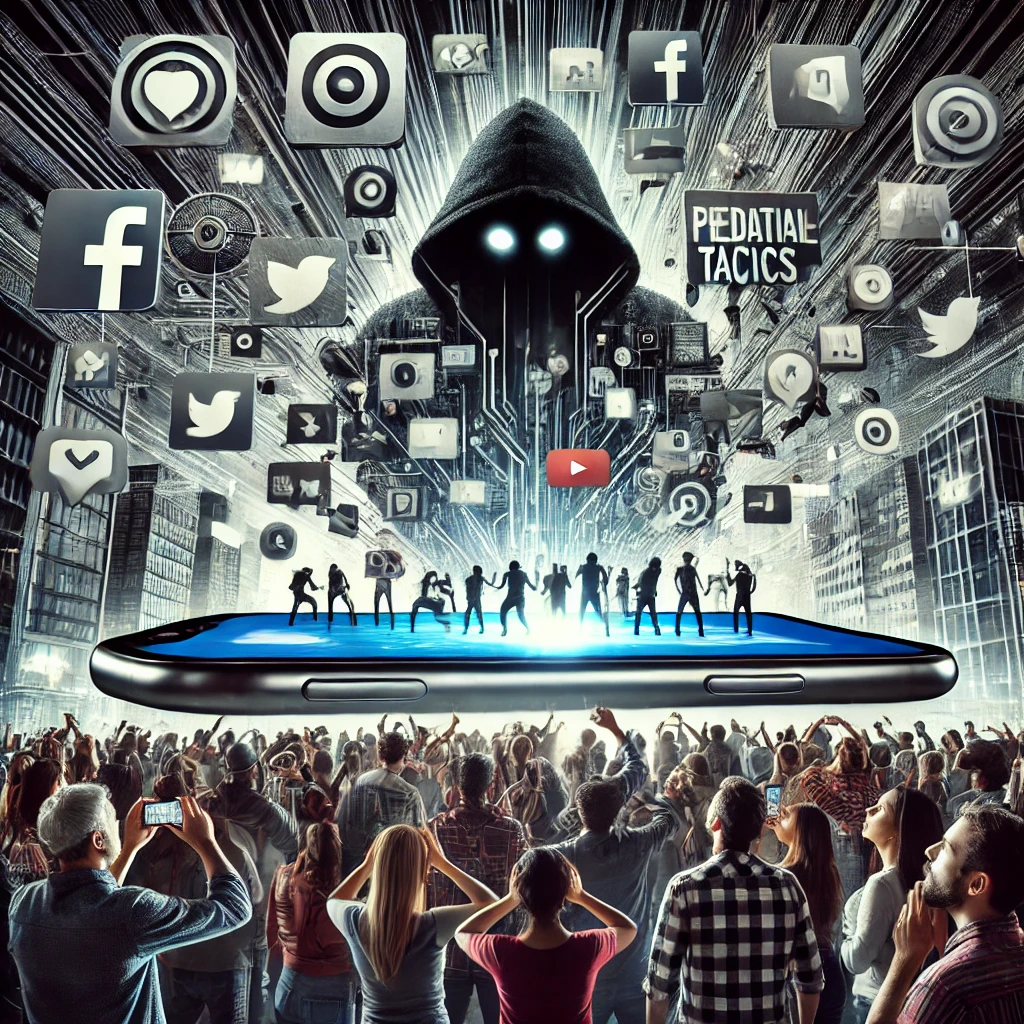Evolution is often viewed as a process of gradual refinement—a forward march toward complexity, intelligence, and adaptability. But zoom in closer, and something more primal is at play: evolution doesn’t just build on the past—it consumes it. In fact, evolution, at its core, may be predatorial toward itself.
Whether in biology, technology, or society, progress often emerges through destruction. Old forms are not gently retired; they are outcompeted, devoured, and overwritten. In this light, evolution isn’t a gentle sculptor—it’s a hunter, constantly feeding on weaker iterations of itself to fuel new and more aggressive adaptations.
Biology: Survival by Consumption
In the natural world, evolutionary change has always favored predation as a strategy. The emergence of predators dramatically accelerated evolutionary complexity, forcing prey to adapt, develop camouflage, speed, intelligence. It wasn’t cooperation or peaceful adaptation that spurred rapid advancement—it was existential pressure. Species evolved not in harmony, but in response to threat.
Even our own nervous systems—optimized for speed, fear, and pattern recognition—are shaped by predatorial environments. We are, quite literally, the descendants of those who out-ran, out-fought, or outwitted death.
Technology: The New Predator
In modern times, technology has become the most aggressive predator in the evolutionary landscape—not just replacing tools and systems, but entire industries, cultures, and thought processes. Analog systems are consumed by digital ones. Human labor is consumed by automation. Even our cognition is being absorbed into artificial intelligence—outsourced, extended, and sometimes overwritten.
This is no longer a slow process. It’s exponential. Each generation of technology consumes the previous one faster than before. Evolution has become recursive—self-accelerating. The predator now evolves quicker with every bite it takes.
And just like in nature, this acceleration doesn’t always favor stability—it favors adaptability, speed, and strategic advantage. The ethical, social, and psychological frameworks that once guided us can’t always keep up. We’re left reacting to the consequences of a machine whose next move we don’t fully understand.
Culture and Thought: Ideas Cannibalizing Ideas
Even within human consciousness, this pattern repeats. New philosophies dismantle the old. Movements rise by rejecting what came before. Ideas prey on ideas, each iteration sharper, faster, and more adapted to the moment.
In the age of hyperconnectivity, we witness this daily—memes devouring narratives, algorithms shaping ideologies, trends replacing entire ways of thinking within days. Information evolution is now measured in seconds, and the survival of an idea depends less on its truth than on its virality.
Predatorialism Within Evolution Itself
What emerges is a meta-pattern: evolution as a self-predating process. It consumes its past, leverages the remains, and evolves by destroying its old forms. In this view, the past is not sacred—it is fuel. And this consumption accelerates with each cycle, creating an evolutionary arms race that may be spinning beyond control.
We see this in artificial intelligence, biotechnology, financial systems, and even language. Each leap forward devours part of what made us human. Sometimes this offers freedom. Sometimes it threatens identity.
So Where Does This Leave Us?
Understanding evolution as predatorial doesn’t have to mean despair—it means awareness. If progress is a process of consumption, then wisdom lies in conscious predation—choosing what to let go of, what to build on, and what to protect.
Because if evolution is going to feed on itself, the least we can do is guide the hand that holds the knife.




